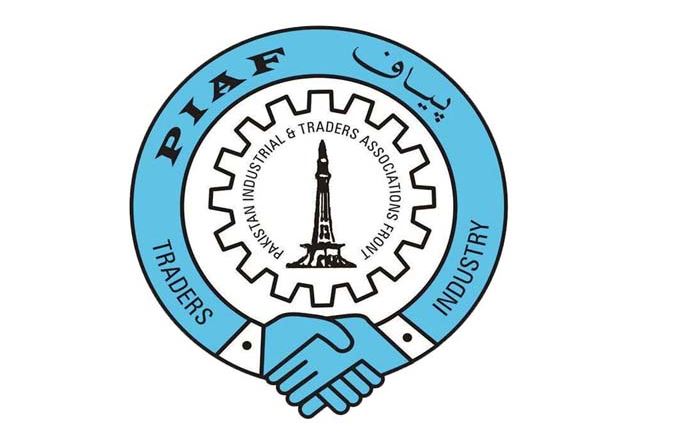KARACHI: The Pakistan Industrial and Traders Associations Front (PIAF) has appealed the government to review its tight monetary policy stance, as the current high monetary policy will depress the domestic demand and retard economic progress, a statement said on Saturday.
PIAF senior vice chairman Nasir Hameed and vice chairman Javed Siddiqi, in a joint statement, said that the growth in large-scale manufacturing is already nominal in the first quarter of the current fiscal year.
The industries were poised to face the impact of high input prices and shortage of gas in winter, while further hike in the markup rate is another threat for them, he added.
Hameed said that the high interest rates in a low growth environment will create bad debts in the private sector, squeezing fiscal space for development, adding that the current monetary policy will also stifle capital formation both in the public and the private sectors.
He said that despite nominal growth, inflationary pressures are again building up in the economy while steep depreciation of the rupee is pushing up prices of imported industrial inputs, which will further cripple industrial activities.
PIAF’s vice chairman Javed Siddiqi said that it is high time that the government should revise interest rates to turn Pakistan into a production economy.
“Our future lies in strengthening the production sectors, but that would require the government to cut the cost of credit as there is no justification to keep interest rates that high particularly when this policy is unlikely to produce the desired results in the wake of cost-push inflation,” he added.
During the July-September period of fiscal year 2021/22, the LSM sector output grew just by 5.2 per cent, while on a month-on-month basis, the LSM sector contracted by less than 1 per cent in September. The year-on-year growth rate in September was only 1.2 per cent over the same month of previous year, PIAF officials said.
The growth index in large industries dropped to the low level of 86.2 in April last year from the peak of 160 before Covid-19 struck Pakistan. The index still remains below the pre-Covid level as it stood at 139.8 in September, they added.
PIAF vice chairman said that regional countries have maintained their key policy rate at average 6.5 per cent through regulatory tools without throttling growth, similarly Pakistan should also take benefit of such approach.

















